The Future of Food: How Regenerative Agriculture is Feeding the World
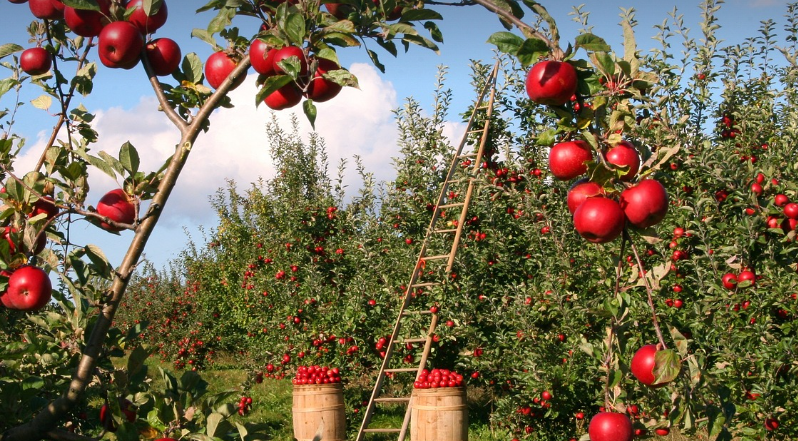
Regenerative agriculture focuses on enhancing and restoring the health of soil through holistic land management practices. By prioritizing soil health, this approach aims to improve soil structure, increase organic matter content, and promote microbial biodiversity. These practices, such as minimal tillage, cover cropping, and crop rotation, help to build soil resilience and fertility over time. […]
Carbon Markets: What Farmers Need to Know About Carbon Pricing

Carbon pricing is a policy tool designed to reduce greenhouse gas emissions by assigning a monetary value to carbon pollution. By putting a price on carbon, industries are incentivized to limit their emissions and transition towards cleaner energy sources. This economic approach aims to internalize the environmental costs of carbon pollution and promote more sustainable […]
How to Implement Regenerative Farming on Small Farms
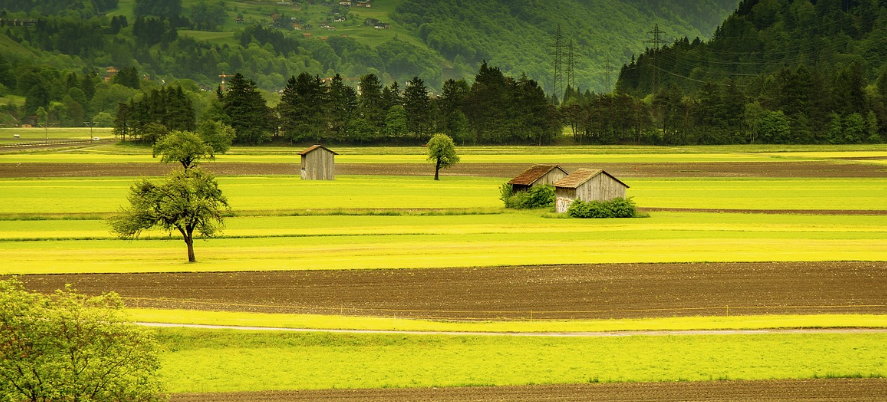
Regenerative farming offers a multitude of benefits for both the environment and farmers alike. By enhancing soil health through practices such as cover cropping, crop rotation, and reduced tillage, regenerative farming can increase the fertility and resilience of the land. This, in turn, leads to higher yields, improved water retention, and reduced erosion, creating a […]
Why Regenerative Agriculture is Key to a Sustainable Future
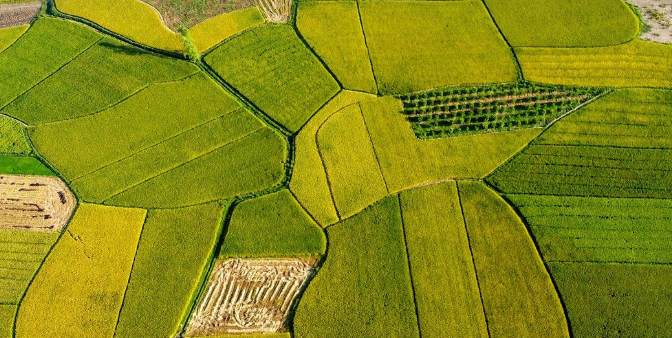
Regenerative agriculture offers a multitude of benefits that extend beyond the scope of traditional farming practices. By focusing on soil health and biodiversity, regenerative agriculture enhances the overall resilience of ecosystems, leading to increased productivity and sustainability over the long term. Healthy soil enriched with organic matter not only sequesters carbon from the atmosphere but […]
Carbon Sequestration Technologies: Innovations in the Field

Carbon sequestration is a crucial process that involves capturing and storing carbon dioxide from the atmosphere to mitigate the impacts of climate change. By removing carbon dioxide from the air and storing it in natural ecosystems or geological formations, carbon sequestration helps reduce the concentration of greenhouse gases in the atmosphere, ultimately combating global warming. […]
The Regenerative Agriculture Movement: How It’s Growing in 2024
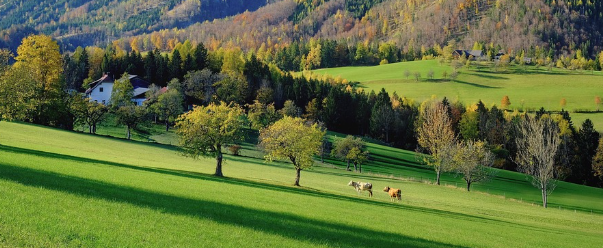
Regenerative agriculture traces its roots back to indigenous farming practices that prioritized sustainability and harmony with nature. Many traditional farming communities worldwide have long embraced principles that align closely with today’s regenerative agriculture methods, fostering soil health and biodiversity while minimizing environmental impact. Over time, modern agricultural practices became more intensive and chemical-dependent, leading to […]
The Economics of Carbon Sequestration: How Farmers Can Profit from Carbon Storage

Carbon sequestration in agriculture plays a crucial role in mitigating climate change by capturing and storing carbon dioxide from the atmosphere in the soil. This process helps to reduce greenhouse gas emissions, improve soil health, and enhance the resilience of farming systems against the impacts of climate change. By implementing carbon sequestration practices, farmers can […]
Carbon Farming vs. Conventional Farming: Which is Better for the Environment?
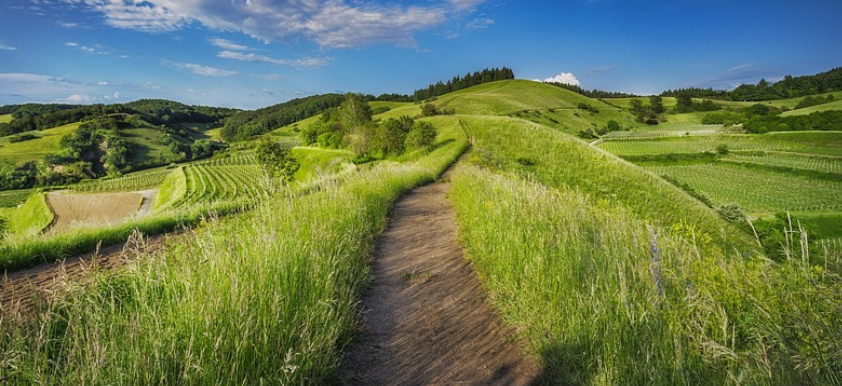
Carbon farming is an innovative approach that focuses on sequestering carbon from the atmosphere and storing it in the soil. This practice involves implementing various land management techniques to increase the amount of carbon stored in the soil, thereby helping to mitigate climate change. By utilizing methods such as cover cropping, no-till farming, agroforestry, and […]
The Carbon Sequestration Power of Perennial Crops
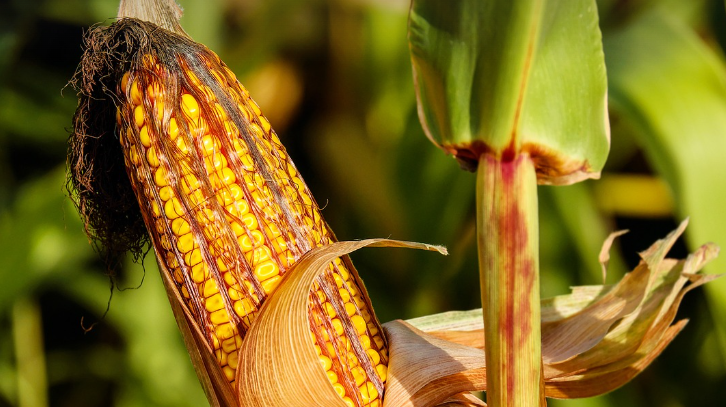
Carbon sequestration is a vital process that involves capturing and storing carbon dioxide from the atmosphere to help mitigate climate change. This natural mechanism plays a crucial role in maintaining the balance of carbon in the environment by removing excess carbon dioxide from the air and storing it in various reservoirs, such as soil, oceans, […]
Biochar: The Hidden Secret to Enhancing Soil Carbon Sequestration

Biochar is a highly porous form of charcoal that is created through the process of pyrolysis, which involves heating organic materials in the absence of oxygen. This results in the conversion of biomass into a stable form of carbon that can persist in the soil for hundreds to thousands of years. Biochar is typically produced […]
